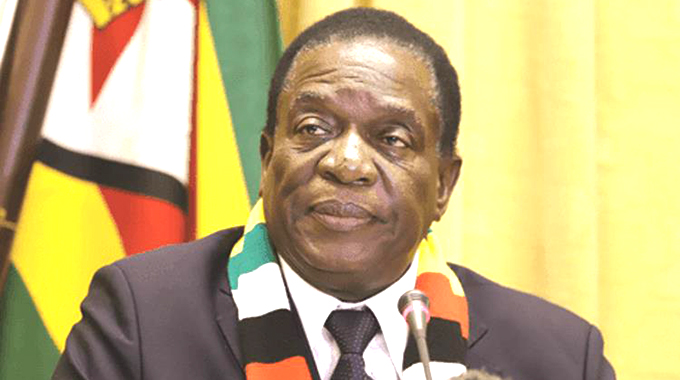Independence celebrations to usher defining decade

Isdore Guvamombe Assistant Editor
Zimbabweans in their broad totality on April 18 celebrate 40 years of independence, marking the beginning of a decade that will provide the much needed plinth for attaining Vision 2030.
Aptly themed “Defining a Decade Towards 2030”, this year’s independence celebrations should be used to reflect on the past challenges and successes and to work on a new path that will make vision 2030 attainable.
For the first time in the history of the country, the main independence celebrations will be held in Bulawayo, in a clear sign of national unity, thanks to the new political dispensation.
Forty years is not a joke and there is no doubt that it has not been a stroll in the park for the country that has religiously sought to liberate and empower the black majority, albeit with resistance from former colonisers and their allies.
While Zimbabwe should not waste time crying over past failures, it is our ability as a nation to table a clear roadmap for the vision that should turn the country into an upper middle class economy by 2030, which is critical.
We, however, cannot move forward, without celebrating past gains.
With independence came dignity for the black majority and equality of citizens regardless of creed and colour. For the first time, women became able to have national identity cards and with the cards came their ability to individually open bank accounts, businesses and voting rights. They became equal to men.
The policy of education for all implemented just after independence saw the country’s literacy rate grow to more than 90 percent and thousands of new schools were built.
Now education is compulsory. Parents who do not send their children to school will be prosecuted.
At independence in 1980, there was just one university, the University of Zimbabwe, and today every province has a State university and one or two private ones. Today Zimbabwe sits on more than 15 universities.
Each town in Zimbabwe now has vocational training centre and a polytechnic, thanks to independence.
One of the best things to happen in Zimbabwe was the land reform. Where only 4 000 white farmers owned 80 percent of prime farming land, the land was redistributed to more than 359 000 families.
Hundreds of new dams and irrigation schemes speak to a thrust in
improving agriculture.
The judiciary system in Zimbabwe has been decolonised and professional men and women of dignity today man our courts from the lowest to the highest, regardless of their colour or creed.
All sectors of the society have been decolonised and employment is by merit and not skin colour.
The mining sector, once the preserve of huge companies is now home to many black people who are selling more gold to the country that the big companies.
There are a lot of legacy buildings like the Harare International Conference Centre (HICC) the new Makombe Building etc, an array of housing schemes, tarred roads and new towns that speak to post-independence infrastructure development.
Suffice to say so many things have happened since independence as Zimbabwe became a signatory to many international treaties and also participated in international peace-keeping duties.
Today, Zimbabwe stands as a full integrated member of the international community which respects the rule of law, protocol and diplomacy.










Comments